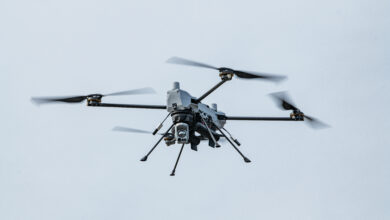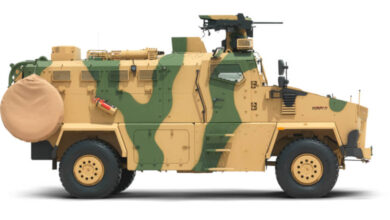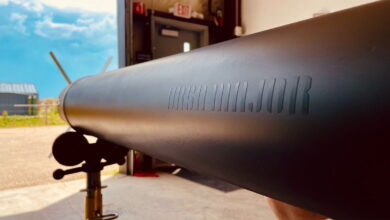Allison Transmission will provide its eGen Force electric hybrid propulsion system for the US Army’s ongoing Optionally Manned Fighting Vehicle (XM30 Combat Vehicle) program.
The XM30 Combat Vehicle is a five-phase effort to replace approximately 3,000 of the army’s Bradley infantry fighting vehicles.
Allison’s eGen Force Propulsion
The eGen Force combines a fully-integrated autonomy-enabling drive, steering, and braking systems.
The propulsion is built with a 220-kilowatt electric motor and inverter for onboard vehicle power generation and parallel electric hybrid operation.
According to Allison, the eGen Force improves mobility performance, reduces fuel consumption, and decreases acoustic and thermal signatures.
“Allison has combined its decades of expertise in both electric hybrid propulsion solutions and defense vehicles to develop our eGen Force that delivers optimal acceleration and braking, precision steering and true engine-off silent mobility, which are critical differentiators for this combat vehicle,” Allison Transmission’s Dana Pittard stated.
XM30 Combat Vehicle Program
Two groups were selected to progress through the XM30’s phase 3 and 4 Detailed Design and Prototype Build and Test.
One of the competitors is Team Lynx, led by American Rheinmetall Vehicles and consisting of Allison, Textron Systems, Raytheon, L3Harris, and Anduril Industries. Team Lynx’s pitch will be based on the Lynx KF41 infantry vehicle.
Team Lynx is expected to complete designs honed in the effort’s second phase and produce prototypes for an assessment in 2025.

The other group, consisting of General Dynamics, GM Defense, Applied Intuition, and Switchblade, is offering the Griffin III armored fighting vehicle built with an Ajax scout vehicle chassis.
The US Army will select the new combat vehicle and launch initial low-rate production in late 2027.












